What is Spotify HiFi all about?
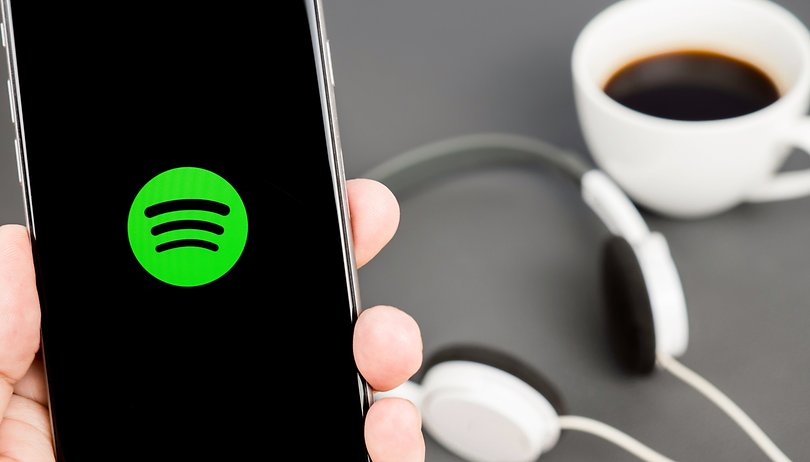

This year sees the arrival of Spotify HiFi which will usher in a more expensive subscription that in turn delivers a higher quality of streaming audio. It will be a staggered roll-out, targeting selected markets at the beginning. Will artists benefit from the higher subscription fee? Is this the way forward for Spotify to remain relevant in the future? In my opinion, the answers to both the questions are in 'No'.
When the annual Stream On event happened last week, the Swedish streaming giant had plenty of announcements - including a new podcast featuring ex-US president Barack Obama and Bruce Springsteen. From a tech perspective, however, the most exciting news was probably Spotify HiFi which is set to launch in selected markets early this year. This has been a long time in coming considering how its competitors have been offering music streaming for audiophiles for a long time now. Spotify themselves have been testing this option on a small scale for four years now.
Will users benefit from Spotify HiFi?
While we all know that Spotify HiFi is coming, what we really don't know is this: Do we even need lossless audio quality? Times change, the pattern of music consumption also changes along with it. Those who groove to their tunes on their smartphone speakers don't need a HiFi option, that much should be clear.
But what about the rest of the world? Does listening to it on your home stereo setup actually justify an increase in monthly subscription fees? What about those times when you're out and about with a pair of headphones or Bluetooth speakers? We recently had our survey of the week on the topic of Spotify and music, and the results show the public preference on which they listen to music: via streaming and headphones.
Ben, our German Editor once received information from an employee of an audio store that Bluetooth as a standard is quite sufficient for this level of audio quality. However, if you ask Ben nicely, maybe he'll write an article about this topic, taking a closer look at the technical side of the different HiFi streaming providers!
In the meantime, check out Digital Feed for an ABX test. It lets you switch between normal and hi-fi quality during a song and it is there where you can find out whether you hear a difference at all or if this difference is enough to justify a higher price.
Do the artists make a profit?
The entertainment industry has been hit by the pandemic in a drastic manner, and musicians have also seen their earnings take a huge dive. For more than a year now, they have been deprived of the possibility (with exceptions) to host concerts or go on a tour to supplement their income, and have become even more dependent on other money-making channels.
Excursus: Streaming as a driver of the music industry
Yet streaming has long since replaced traditional recorded music medium in terms of revenue. In 2019, music streaming accounted for $7.1 billion, or 63.6% of all revenue from total recorded music, which totalled $11.1 billion (source: atlasvpn). In comparison, CD sales revenue stood at $4.3 billion and 55.2% of total revenue as recent as 2009, and ten years later they were down to $614.5 million, a mere 5.5% market share.
That means streaming is basically a triumph compared to the years when the music industry experienced a downturn due to illegal MP3 downloads. There is (at least) one catch, though: the money does not often end up in the artists' bank accounts, as the depressed pricing per stream in addition to layers of middlemen also earn a cut. Atlasvpn also showed an overview of the amounts distributed by the various providers per stream, though you can't pin Spotify down in particular to a fixed amount here. The consolidated numbers show that there are different conditions to consider for various artists, inclusive of their respective regions, etc.:
- Napster: $0.00916 per stream (Highest)
- Apple Music: $0.00675 per stream
- Deezer: $0.00562 per stream
- Amazon Music: $0.00426 per stream
- Spotify: $0.00348 per stream
- Pandora: $0.00203 per stream
- YouTube: $0.00154 per stream (Lowest value)
Still, we notice that competitors like Apple Music spend significantly more per stream. Now, this leads to another question regarding the upcoming HiFi option:
If Spotify now charges - let's say - €20 per month for its HiFi plan, how much additional cost will Spotify incur in doing so, and would there be a noticeable difference to the artist's bottom line? Here is the disappointing answer: We can't answer that at the moment. Spotify likes to keep their cards close to their chest, and it is most likely they would keep this increased revenue as part of their profit instead of rewarding the artists.
So if you were to corner me on providing an answer as to whether artists actually benefit monetarily from Spotify HiFi, I would say "no". I also want to tell you how I arrived at this viewpoint: Let me say upfront that from a consumer's standpoint, I love Spotify and have long appreciated it. I find an endless amount of music there for a relative pittance, listen to the tunes that I've liked for many years, and discover new songs all the time.
Spotify certainly benefits
But I just also fear that Spotify doesn't have the artist's best interest at heart as much as they'd like us to believe. Spotify founder and CEO Daniel Ek recently gave an interview to our colleagues at The Verge, in which he also commented on the payout structure. He mentioned:
"I think you're going to see platforms not just differentiate in terms of creators or how they think about their audience, but really think about how you could grow the audience, engage with them, turn them into fans, and then create new and important ways to monetize that fan base."
In other words, it's not just about money, you can also help artists out by making sure their audience grows. Spotify wants to provide that stage to allow musicians to gain new fans and, in turn, earn more.
Of course, a company doesn't have to justify itself for wanting to make money. But I am not convinced of Spotify's portrayal of putting the best interest of artists first (anymore).
Spotify thinks about itself - and then only about the artists or subscribers
When Spotify introduced song booster not too long ago, it was very clear how the entire setup was: Musicians became more visible on Spotify, but are paid even less for their visibility. David was incensed at this and penned down a passionate repose by asking the question: Why does Spotify hate artists? This feature is similar to a two-tier system, and the one who stands to make the most out of it is clearly not the artist.
In general, you should be skeptical of the Spotify system if you hope to provide each artist a level playing ground in reaching out to their audience. There are different ways to get around this, and the Swedish streaming provider isn't always able to counter them. I remember a band that just recorded an album of nothing, comprising of 30-second tracks that offered nothing but silence while earning $20,000 in the process. Spotify pulled that album out from their database while making sure that this Spotify hack would no longer work.
It gets even more difficult when there are shady goings-on in the industry itself that ensures artists, especially rappers, can buy their way to the top of the charts via their managers. However, this is a problem is not Spotify-exclusive but affects other platforms as well. For that, I recommend that you watch this video by the Y Collective:
Another bad habit that Spotify has long been called out for is this: The so-called "Mysterycore", where generic, unknown acts get indecently high stream numbers. Through security loopholes, streams were generated by unsuspecting users who, at the end of the year, wondered why songs they didn't even know appeared in their annual charts.
These are all phenomena for which Spotify is not responsible, of course, but it also makes the music business more difficult and less transparent for artists. Spotify does carry the lion's share of the blame though for the way songs are produced. The algorithm ensures that songs become shorter and more uniform, and this in turn affects the length of songs produced.
Instead of a few long songs, many songs produced these days tend to be short. This is also something that Daniel Ek explicitly calls out. In a much-criticized statement, the founder of Spotify simply demanded that artists try harder and increase output. Take a look at this video, which lists Spotify's criticisms:
The moral of the story?
And what is the author actually getting at? I'll tell you! We talked about Spotify HiFi and how this more expensive offering is about to be made available to the masses. We discussed things that are going wrong in the world of Spotify and music in general, and we have come to the conclusion that Spotify either doesn't give a damn or even wants these changes to happen.
I believe you have the answer already. In your opinion, will artists benefit financially from Spotify HiFi? From what we've learned about Spotify so far, they'll want to help musicians out with potential features, but to give them a bigger cut? Not likely. With that said, Spotify does not wield enough power to hold the music industry at ransom, as music will always exist. However, Spotify's business practices are likely to be the nail in the coffin for the careers of many artists, and also a disaster for anyone who wants to express themselves creatively.
My final questions to you are: Do you share the same thought as I, that the music world is a different one now and that we listen to more playlists than albums, while a lot more tracks are commercially produced in an optimal manner to generate the most money? Or have we been so dull to it that we are numb to these changes? In the end, would you actually pay €20 per month for Spotify HiFi that offers lossless audio quality that you might not even really notice? Or do you do that thinking that the additional fees would end up in the pockets of your favorite artists, making you feel better simultaneously?
I have to admit that I feel like a music dinosaur, listening to whole albums, collecting vinyl and loving creative music. How do you see it? Am I part of a dying species or am I just looking at it all with a negative viewpoint? Share your thoughts in the comments section and feel free to tell me what you think about the situation.






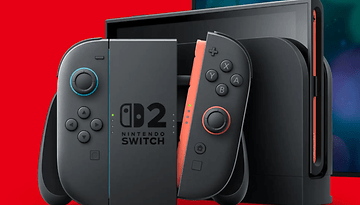




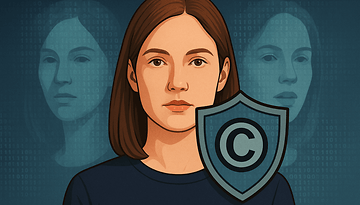


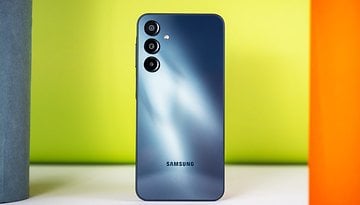
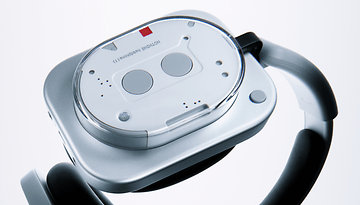
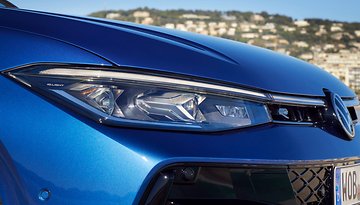
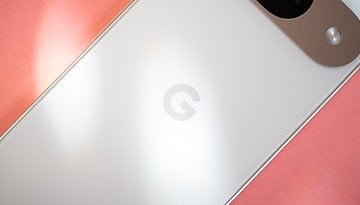


Thanks for sharing. hope my Tunelf Spotibeat Music Converter can download Spotify HiFi.
There is no other reason to pay for the Spotify HIFI. My AudKit Spotify MP3 Converter totally supports Spotify Free tier to download Spotify music for offline listening without quality loss. And Tidal and Qobuz can satisfy all my needs for HIFI music.